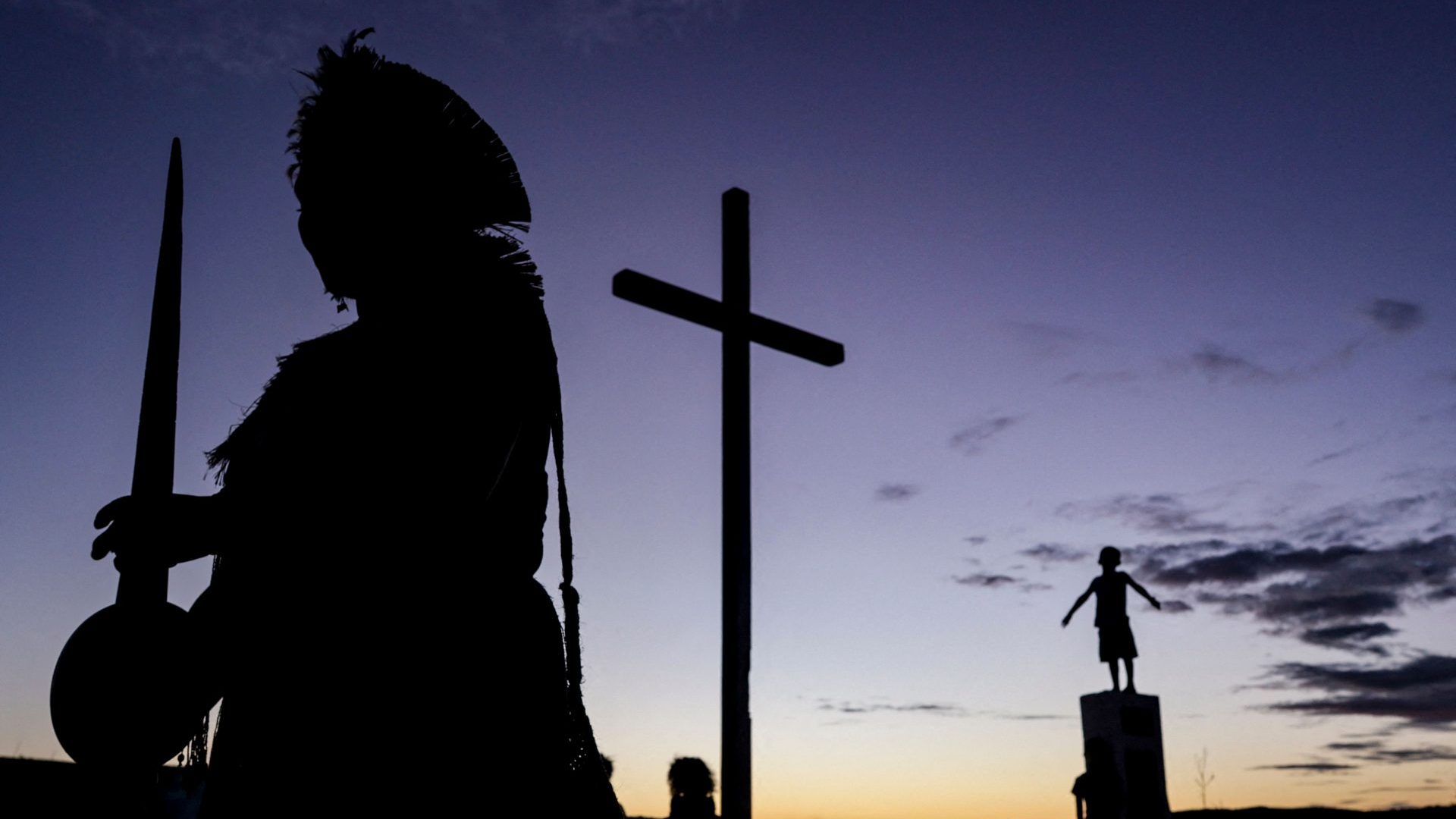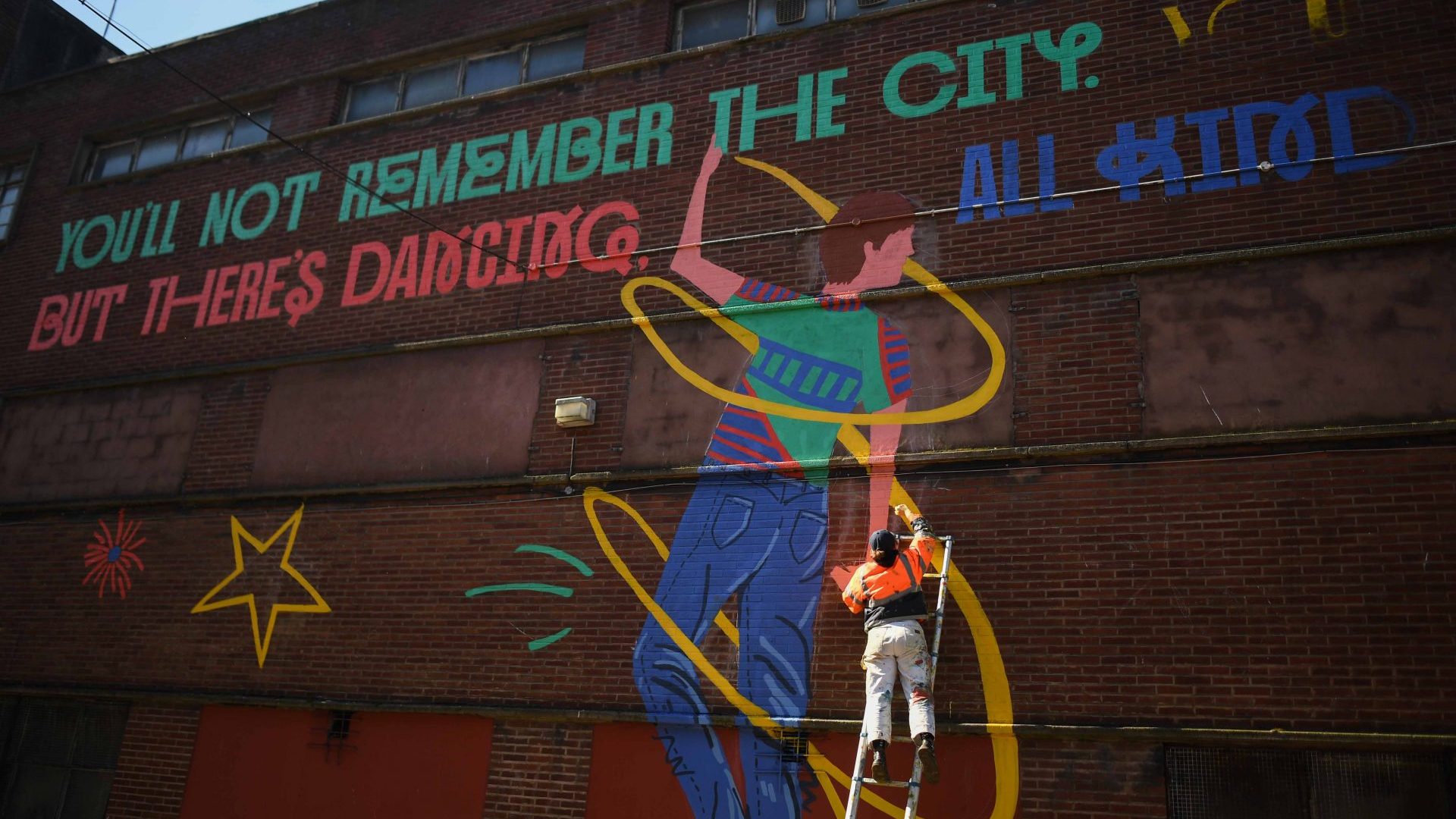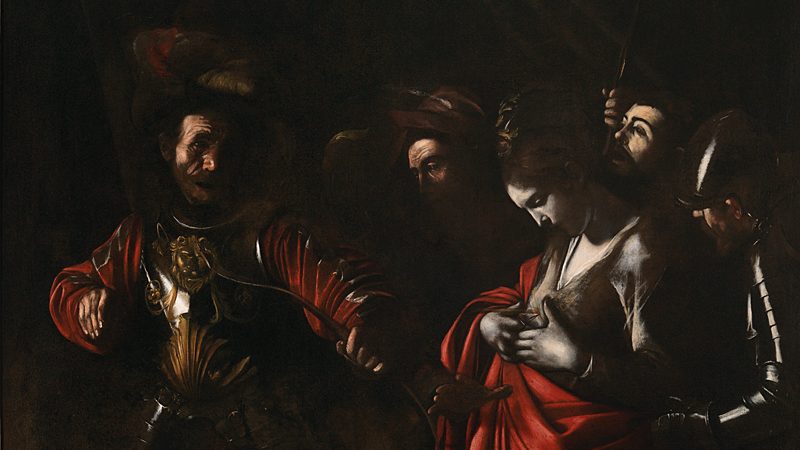“The world must be all fucked up,” said the wise Catalonian bookseller, “when men travel first class and literature goes as freight.” These words, from Gabriel García Márquez’s 100 Years of Solitude (1967) – a masterpiece of the Latin American fiction boom – have never felt more resonant.
One of the world’s foremost literary movements, “el boom” was borne of the political turmoil that engulfed Latin America during the 20th century – bloody civil wars, military coups and dictatorships, all under the shadow of the nuclear missile crisis. The success of Colombia’s García Márquez, Argentina’s Julio Cortázar and Peru’s Mario Vargas Llosa, to name just a few, thrust the region into the global spotlight. Their most famous works refracted the violence and chaos they had witnessed.
Now, we’re in the midst of “a second ‘boom’ in Latin American fiction”, according to this year’s judges of the International Booker Prize. South American authors account for almost a quarter of the longlist – four out of 13 works. This year’s selection “highlights the growing pool of talented South American writers”, said the prize administrator and senior editor at the Economist, Fiammetta Rocco.
The four longlisted authors – Brazilian short story writer Itamar Vieira Junior, Argentinian poet and novelist Selva Almada, Peruvian journalist Gabriela Wiener and Venezuela’s literary professor Rodrigo Blanco Calderón – are, naturally, not the full picture. The prize only recognises the best works that have been translated into English and published in the UK or Ireland in the past year. It only chooses from the books that publishers actually submit (this year, 149).
The paucity of decent English translations, especially for Brazilian works, is a problem. There’s also the temptation to lump distinct works into a homogenous pile, just because they come from four (very different) nations in one (massive) continent. That kind of reductionism would earn me a spanking on Twitter.
But the judging panel – pretty diverse and international, as it happens – are on to something. And they’re not alone.
After four Irish authors appeared on the Booker Prize longlist last year, the eventual winner, Paul Lynch, was asked why Ireland seemed to have the best writers. “Can I let you into a secret?” said the author of Prophet Song. “I think South America has the best writers.”
If the first boom is anything to go by, it’s no wonder. Over the past decade, a similar wave of upheaval has swept the region. Much echoes global trends: economic instability, rising authoritarianism and the devastating pandemic. More can be traced back to the catastrophic failure of the US-led war on drugs, and the power vacuum it left to suck armed gangs and traffickers into internecine warfare. The recent violent uprising in Ecuador is a consequence of the dismantling of the Farc in Colombia, and the US’s disastrous meddling.
A number of the longlisted books “highlight the struggles of individuals and minorities in the face of oppression,” said the Booker website. “History, both personal and national, weighs heavily on characters.”
Crooked Plow, Vieira Junior’s debut novel, was first published in 2018 – as Brazil was grappling with the double whammy of a severe economic recession and what the Guardian called “the biggest corruption scandal in history”: Operation Car Wash.
Most of the country’s high-profile politicians, including the current president, Luiz Inácio Lula da Silva, were implicated in a web of bribery and money laundering. The years of political turmoil, including an impeachment and multiple convictions, would lead to the disastrous election of far right firebrand Jair Bolsonaro.
The January 6-style attack on Brazil’s congress last year, and the recent indictment of Bolsonaro, were the inevitable culmination of
the scandal.
Crooked Plow, however, takes place in the poverty-stricken hinterland of Brazil’s north-eastern state, Bahia. This is the home of the sertão: the arid, desolate backlands we know from Graciliano Ramos’s Vidas Secas (1938), one of the foremost works of the Brazilian canon.
Bahia was, and still is, a land of harsh subsistence farming, dotted with figures constantly on the move, dodging deadly organised crime and state repression – or neglect. The two sisters, Bibiania and Belonísia (the names almost a callback to the doomed dog, Baleia, in Vidas Secas), are haunted by violent history and the legacy of slavery, in the form of an ancient knife they discover hidden beneath their grandmother’s bed.
When the knife slices off Belonísia’s tongue, it’s an obvious metaphor for her forced voicelessness as an African-Brazilian descendant, and as a poor, rural woman.
The weight of history and a troubled national identity also star in Undiscovered, published in 2021. Gabriela Wiener’s autobiographical novel, written after her father’s death, takes place in an ethnographic museum in Paris. Amid the exhibit’s pre-Columbian colonial plunder, Wiener sees that the indigenous faces resemble her own.
But the explorer responsible for stealing the artefacts from their native homeland is, in fact, her own great-great-grandfather, Austrian-French explorer Charles Wiener. This paternal, patriarchal line of racism and violence haunts Wiener as she explores her identity as a Peruvian woman living in Spain.
Political turmoil, too, is something Wiener – and Peru – know only too well. In 2020, Peru made Tory psychodrama look like a village walk, with no less than three presidents in a week.
Like Brazil, the nation had been rocked by the Car Wash corruption scandal, which implicated many of its politicians and led to a constitutional crisis. The pandemic laid bare the inequality and informality of the economy, as well as the massively underfunded public healthcare system. In 2021, Peru suffered the world’s worst Covid death toll.
Selva Almada’s Not a River, originally published in 2021, also deals with rural Argentina against a backdrop of political turmoil. In the years leading up to then, Argentina had barely been out of the international papers. The foreign debt crisis, the unprecedented bailout by the International Monetary Fund, the doomed return of Peronism, and, in 2020, the world’s longest continuous lockdown, all inform Almada’s vision.
Not a River is dogged by guilt, violence and the failures of masculinity. The upheaval also led to the attempted assassination of former president Cristina Fernández de Kirchner, and the election of chainsaw-wielding “anarcho-capitalist” Javier Milei last year – and the world’s highest inflation rate, at one point a staggering 276%.
In fact, the only place that can reliably top Argentina in the inflation stakes is Venezuela, homeland of Blanco Calderón – and arguably the world’s most disastrous dictatorship. Simpatía traces the line of violence and despair that began with the death of Hugo Chávez in 2013 and ended in the sham presidency of Nicolás Maduro, “re-elected” for a second term in 2018. The book describes the mass exodus of intellectuals fleeing the corrupt, repressive Maduro regime – which Blanco Calderón, now living in Spain, knows personally.
As I explained in an end-of-2023 edition of The Week’s Unwrapped podcast, Venezuela has become the epicentre of the global tug-of-war between authoritarianism and democracy. Last year, the US agreed to ease some sanctions on the country’s battered, corruption-riddled oil industry, in exchange for the first free elections since Maduro came to power in 2013.
That might seem strange, given that Maduro is an anti-western dictator, indicted as a narco-terrorist, outspoken critic of international support for Ukraine and threatening Latin America’s first continental war in 75 years in neighbouring Guyana.
But Venezuela is also a staunch ally of Russia and Iran. The ties between these oil-rich sanctionees are only growing, while US influence has long been on the wane. For US refineries, Venezuelan crude is far nearer and cheaper than what they used to get from Russia, and becomes ever-more attractive as an alternative while Vladimir Putin’s iron grip tightens.
Venezuelans also make up the majority of migrants risking their lives to cross the deadly jungle of the Darién Gap between South and Central America, aiming to reach the US. It’s far easier to resume deportation flights to Caracas when you’re on at least speaking terms with Maduro, as Joe Biden discovered last year.
Influence. Oil. Immigration.
The three winds whipping up a maelstrom in our world today, shaping global foreign policy. And thanks to these three factors, Latin America has never been more important as a region to court.
As I wrote last year, Latin America is increasingly serving as a proxy battleground for the cold war 2.0. Russia, China, and increasingly Iran have all been investing in and building influence in the region, in order to exploit resources and undermine
the US.
Cuba, Nicaragua and Venezuela – all then under US sanctions, accused of massive human rights violations – were all honoured with a visit by Iran’s president last year. Tehran has been strengthening ties with Cuba and Nicaragua, and setting up Shia Islamic cultural centres all over the region.
China has been also building on the island of Cuba, allegedly with a view to spying on Washington, and restored relations with Nicaragua after a 20-year hiatus.
Last year, Iran also held talks with Nicaragua, an old Russian cold war ally that allows Russia to train its forces inside its borders. Under dictator Daniel Ortega, Nicaragua has fully and consciously decoupled from the west.
And all over Latin America, the creeping chill of Moscow can be felt. It shouts across oceans as more and more countries speak out against sanctions, and against support for Ukraine.
At least, the west seems to have woken up – but as usual, it looks to be too little, too late. Last year James Cleverly conducted a week-long tour of Latin America, but before him no UK foreign secretary had visited the region in five years.
Our erstwhile prime minister Boris Johnson secretly flew by private jet to Venezuela last month for talks with Maduro, amid fears that the republic could supply weapons to Russia.
According to the Sunday Times exclusive, he even discussed the possibility of the UK normalising relations with Venezuela in exchange for elections – even though Maduro has already banned his strongest adversary from public office on flimsy corruption charges, and will probably run without a challenger.
The world is, indisputably, fucked up – but at least the literature is first class.
Harriet Marsden is a staff writer for The Week UK



